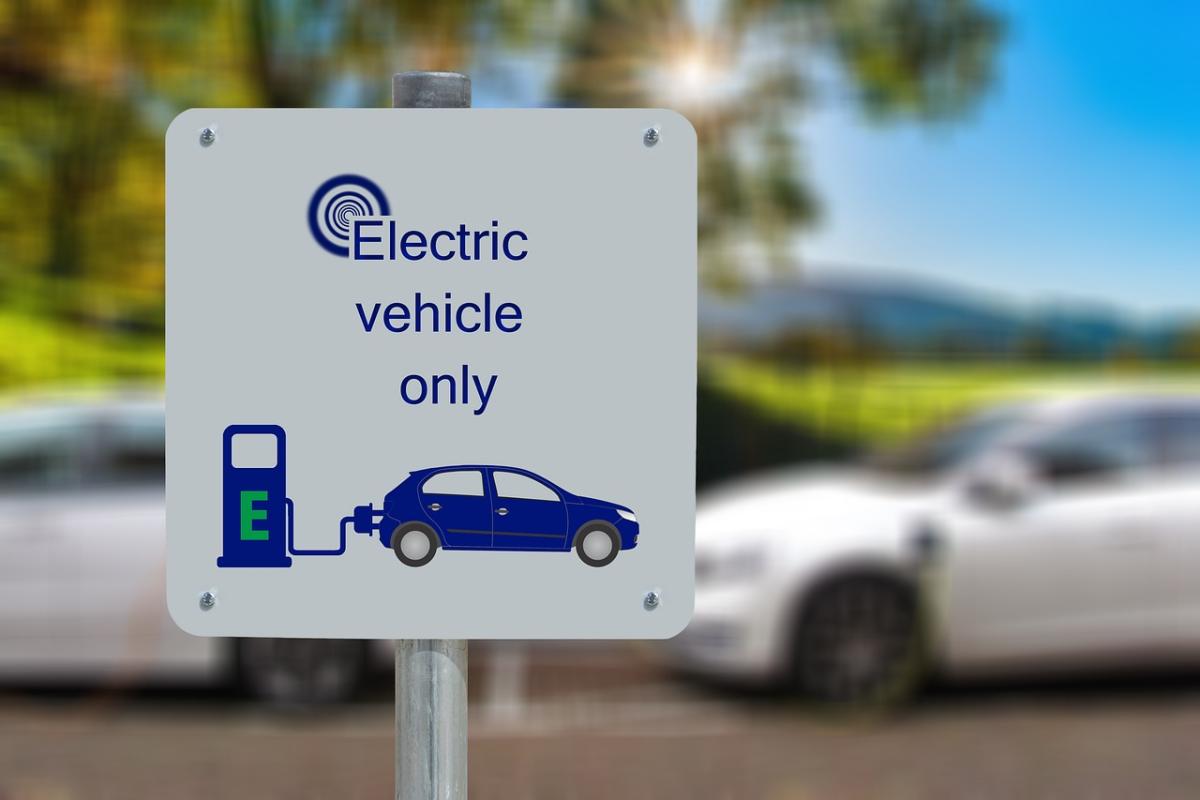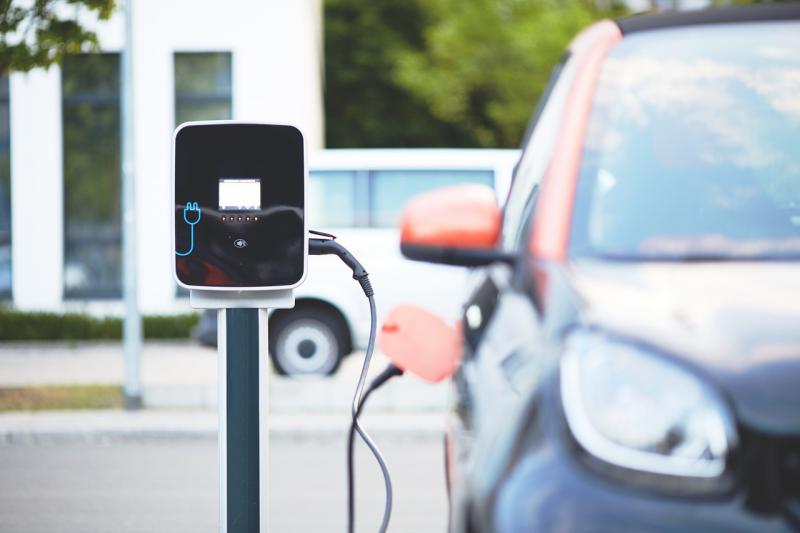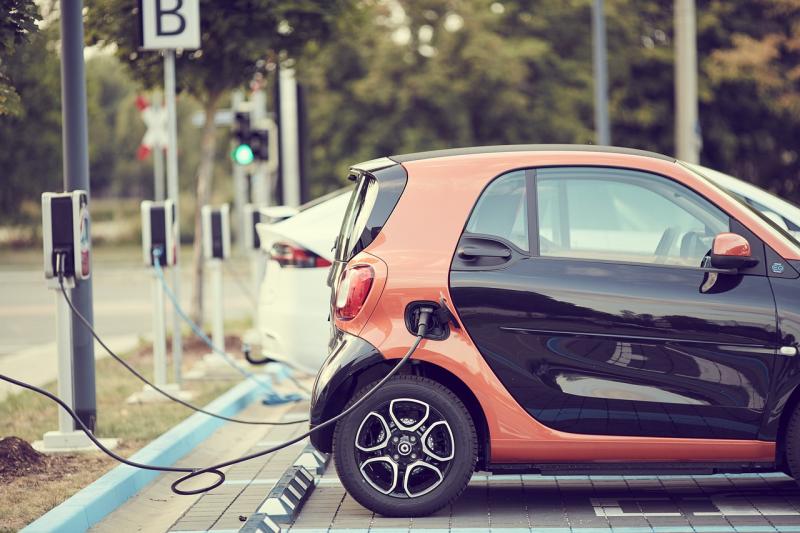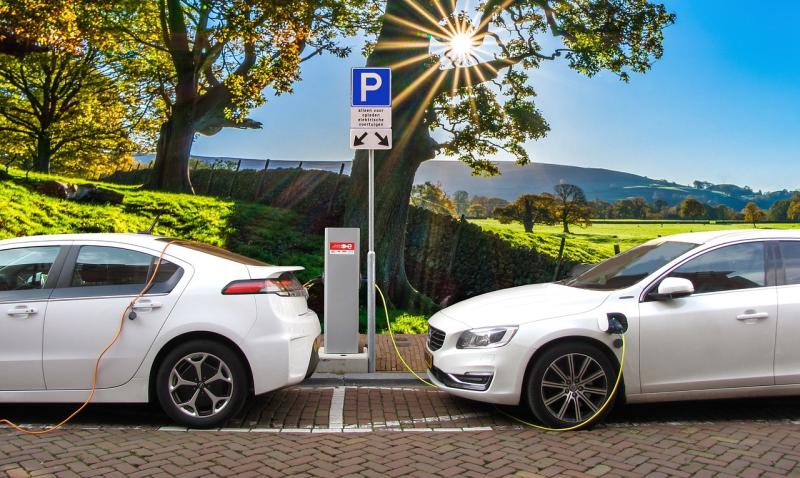When it comes to choosing an electric vehicle (EV), several essential factors can make a significant difference in your overall experience. First and foremost, consider the range of the vehicle. Range refers to how far the EV can travel on a single charge. Depending on your daily driving habits, you may want a car that can cover longer distances without needing frequent recharging. If you often take longer trips, look for models that boast a higher range to ensure you won’t be left looking for a charging station.
Charging infrastructure is another critical factor in your decision-making process. Before you choose an EV, investigate the availability of charging stations in your area and along your regular travel routes. Some regions have comprehensive charging networks, while others may still be developing their infrastructure. Having access to fast charging options can also be a game-changer, allowing you to top up your battery quickly, especially on busy days.
Cost is always a consideration when making a big purchase, and EVs are no exception. Look beyond the initial purchase price to factor in potential incentives, rebates, and the long-term savings on fuel and maintenance. Some governments offer tax credits or bonuses for EV buyers, which can help lessen the upfront cost. Additionally, remember that electricity is generally cheaper than gasoline, which can lead to significant savings over time.
Lastly, don't forget to consider the vehicle's features and technology. Many EVs come with advanced tech options, including autonomous driving capabilities, smartphone integration, and enhanced safety features. Think about what features matter most to you and how they align with your lifestyle. Test-driving various models can also provide insight into which EV feels right for you.
Battery Life and Range Considerations
When it comes to electric vehicles (EVs), battery life and range are two of the most critical factors to consider. Battery life determines how long you can drive before needing a recharge, while range refers to the distance you can travel on a single charge. Understanding these factors can help you choose an EV that fits your lifestyle and driving habits.
The battery capacity of an EV is typically measured in kilowatt-hours (kWh). A higher kWh rating usually indicates a more extended range, allowing for longer trips without worrying about recharging. Most modern EVs offer a range between 150 to 400 miles on a full charge. However, it is essential to assess your daily driving needs. If you primarily drive short distances, you might not require a high-range vehicle. On the other hand, for long commutes or road trips, opting for a model with an extended range can provide peace of mind.
Another important aspect to consider is charging infrastructure. The availability of fast charging stations along your most traveled routes can significantly affect your driving experience. While at-home charging is convenient, access to public charging stations ensures that you can recharge quickly when out and about. Understanding the charging options available in your area will help you determine how practical a particular EV will be for you.
Furthermore, it's crucial to remember that driving habits and environmental factors can impact battery performance and range. For instance, aggressive acceleration, high speeds, and using the vehicle's heating or air conditioning can drain the battery more quickly. Choose an EV that offers features like regenerative braking, which recaptures energy during braking and improves overall efficiency. Being mindful of these factors will ensure you maximize your vehicle's potential and enjoy a more satisfying driving experience.
Charging Options for Every Lifestyle
When it comes to owning an electric vehicle (EV), one of the most important aspects to think about is your charging options. Depending on your lifestyle, there are various ways to power up your EV, making it essential to choose a method that fits your daily routine. From home charging setups to public charging stations, understanding your options can make your EV experience more enjoyable and convenient.
For those who have the luxury of a garage or dedicated parking space, installing a home charging station is often the most convenient option. With a Level 2 charger, you can enjoy faster charging times, meaning your vehicle is ready to go after just a few hours. This is perfect for daily drivers, as it allows you to start every day with a full battery, eliminating the need for frequent stops at charging stations.
But what if you don't have a home charging option? No problem! Public charging networks have been rapidly expanding, making it easier than ever to find a charging station nearby. These come in various options, such as fast chargers that can juice up your car in a matter of minutes, perfect for those on the go. Many shopping centers, workplaces, and even restaurants are now offering charging stations, allowing you to top off your battery while you run errands or enjoy a meal.
Additionally, if you travel frequently or take long road trips, consider exploring charging options available along major highways. Many EV manufacturers provide maps of charging stations, helping you plan your journey and ensure you won’t run into any surprises. With a little preparation and understanding of the available charging infrastructure, you'll find that adapting to an EV lifestyle is easier than you might think.
Cost and Incentives for Electric Vehicles
When considering the switch to an electric vehicle (EV), understanding the costs involved and the incentives available can make a significant difference in your decision-making process. Initially, the purchase price of EVs can be higher than their gasoline counterparts, but this price gap is steadily closing as technology advances and production scales up. Additionally, many EVs have lower operating costs due to fewer moving parts and the generally lower cost of electricity compared to gasoline.
Beyond the upfront costs, various government incentives can greatly assist with the transition to electric driving. Many countries and states offer tax credits, rebates, or grants for purchasing an EV. These incentives can range from a few hundred to several thousand dollars, making electric vehicles more accessible to a broader range of consumers. Additionally, some locations provide perks like carpool lane access, reduced registration fees, or exemptions from certain tolls, further sweetening the deal for EV owners.
Charging infrastructure is another factor to keep in mind regarding costs and incentives. While some individuals may choose to install a home charging station, which has an initial cost, many public charging stations are either free or utilize a pay-per-use model—often lower than the cost of traditional fuel. Furthermore, businesses and governments are increasingly investing in charging networks, making it easier for EV drivers to find convenient charging options, which can reduce the overall costs associated with longer trips.



